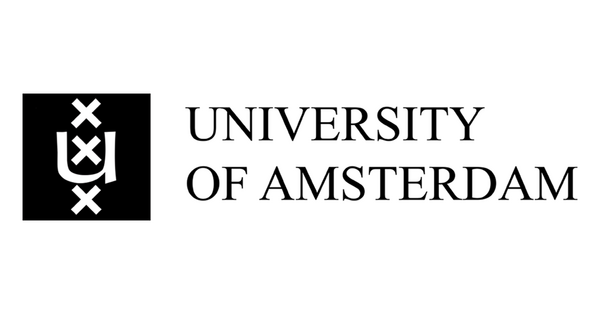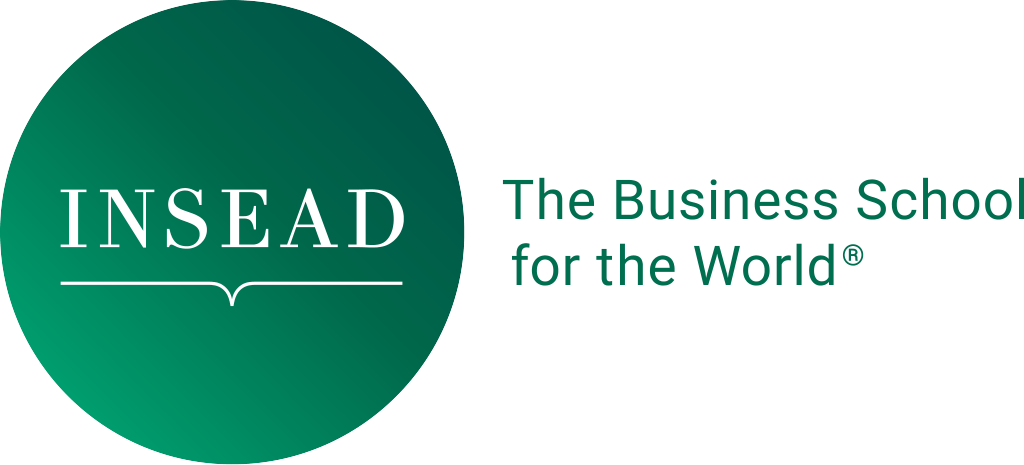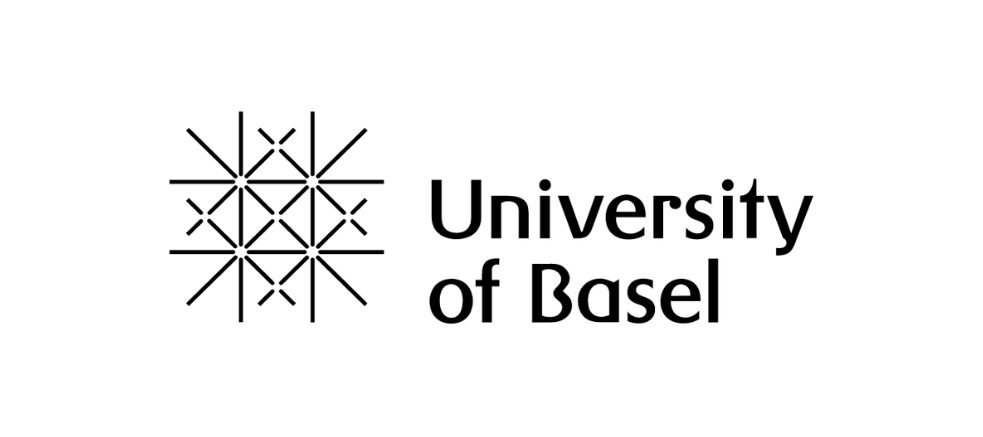Snabbfakta
-
- Amsterdam
- Rekrytering
Kategorier:
- Samhällsvetenskap
Titlar:
- Doktorand
Ansök senast: 2025-03-03
Fully-Funded PhD Position in Human-Computer Interaction with a Focus on Audio Design and Perception
Are you interested in the role of audio in human interaction with computing systems? Do you want to actively shape our understanding of how audio design impacts whether technology is viewed as trustworthy or persuasive? If this spikes your interest, then read on and consider applying to join our research group.
About the position
We are looking for an ambitious PhD student to explore the audio design of interactive technologies, for which you will apply user-centered design methods and empirical research methods. In this 4-year PhD, you will explore how systems’ audio can be designed to be perceived as trustworthy or persuasive, and critically explore how this can be done responsibly. This research will be conducted as part of the Digital Interactions Lab at UvA’s Informatics Institute.
What are you going to do?
The thesis will involve both design and research. You will follow user-centered design methods to shape system audio through prototyping, iteration, and redesign. In complement to this, you will evaluate users’ perception of system audio by conducting and analyzing rigorous mixed-methods user studies. This will systematically explore user perceptions and responses including their trust and confidence in the conveyed information, as well as ethical considerations surrounding how audio is designed and potentially can be misused in the design of computing systems.
The project will focus on sound effects and synthetic voice as a design material, and may focus on several specific application areas, such as AI chatbots and voice user interfaces. It may also involve collaboration with audio designers and engineers in the private sector. At the end of the four-year PhD, you will be an established scholar in HCI, with publications in national and international venues (e.g., conferences like ACM CHI or the TOCHI journal).
The exact topic and work plan of the PhD relating to the broad ideas above will be defined in discussion with the selected candidate. The research will involve some or all of the following:
- Designing and prototyping novel concepts and configurations in the audio design of interactive systems
- Conducting mixed-methods user studies in real-world and lab environments
- Analyzing and integrating quantitative and qualitative data
- Systematically synthesizing prior literature as well as commercial audio design documents and specifications
- Actively contributing to the national and international academic community through publications at high-quality venues
Your profile
Your experience and profile meet the following requirements:
- Master’s Degree (or equivalent) in Computer Science, Human-Computer Interaction, Audio Sciences, Psychoacoustics, or a related discipline
- Interest and aptitude in audio design, audio engineering and/or psychoacoustics (human perception of audio)
- Interest and aptitude in interdisciplinary research and a familiarity with concepts and paradigms in human-computer interaction
- Fluent in English, both written and spoken
- Proficiency in technical skills (e.g., data science, audio engineering, web development)
Desirable qualities also include:
- Experience in audio design and/or audio engineering
- Experience in con ducting user experience research (quantitative and/or qualitative)
- Knowledge of literature relating to technology acceptance, trust, and persuasive technologies
- Solid understanding of data analysis in Python or R
- Willingness to acquire new technical, critical, and methodological skills
Our offer
We offer a temporary contract for 38 hours per week for the duration of 4 years (the initial contract will be for a period of 18 months and after satisfactory evaluation it will be extended for a total duration of 4 years). The preferred starting date is as soon as possible but can be discussed. This should lead to a dissertation (PhD thesis). We will draft an educational plan that includes attendance of courses and (international) meetings. We also expect you to assist in teaching and tutoring undergraduates and master students.
The gross monthly salary, based on 38 hours per week and dependent on relevant experience, ranges between € 2,901 to € 3,707 (scale P).This does not include 8% holiday allowance and 8,3% year-end allowance. The UFO profile PhD Candidate is applicable. A favourable tax agreement, the ‘30% ruling’, may apply to non-Dutch applicants. The Collective Labour Agreement of Universities of the Netherlands is applicable.
Besides the salary and a vibrant and challenging environment at Science Park we offer you multiple fringe benefits:
- 232 holiday hours per year (based on fulltime) and extra holidays between Christmas and 1 January;
- multiple courses to follow from our Teaching and Learning Centre;
- a complete educational program for PhD students;
- multiple courses on topics such as leadership for academic staff;
- multiple courses on topics such as time management, handling stress and an online learning platform with 100+ different courses;
- 7 weeks birth leave (partner leave) with 100% salary;
- partly paid parental leave;
- the possibility to set up a workplace at home;
- a pension at ABP for which UvA pays two third part of the contribution;
- the possibility to follow courses to learn Dutch;
- help with housing for a studio or small apartment when you’re moving from abroad.
If you are curious to read more about our extensive package of secondary employment benefits, take a look here.
Where you will work
The Faculty of Science has a student body of around 8,000, as well as 1,800 members of staff working in education, research or support services. Researchers and students at the Faculty of Science are fascinated by every aspect of how the world works, be it elementary particles, the birth of the universe or the functioning of the brain.
The mission of the Informatics Institute (IvI) is to perform curiosity-driven and use-inspired fundamental research in Computer Science. The main research themes are Artificial Intelligence, Computational Science and Systems and Network Engineering. Our research involves complex information systems at large, with a focus on collaborative, data driven, computational and intelligent systems, all with a strong interactive component.
The Digital Interactions Lab (DILAB) is a small but vibrant human-computer interaction research group within the Informatics Institute at the University of Amsterdam, established in 2021. Our research bridges the gap between socio-technical and human-centered understandings of what people need technology to be, and how it might enhance our societies. In an inherently multidisciplinary endeavour, the DILAB is committed to connecting the realm of technology with reflections, concepts, and knowledge established in various domains of social science and psychology.
Want to know more about our organisation? Read more about working at the University of Amsterdam.
If you feel the profile fits you, and you are interested in the job, we look forward to receiving your application. You can apply online via the button below. We accept applications until and including 03 March 2025.
Applications should include the following information (all files besides your CV should be submitted in one single pdf file):
- a detailed CV including the months (not just years) when referring to your education and work experience;
- a letter of motivation, including a description of your research interests and an explanation for why you are applying for this position (1-2 pages);
- a list of all Master-level modules you have taken, with an official transcript of grades,
- a list of publications (if applicable; note that prior publications are not a prerequisite);
- a link to a writing sample available online, such as your Master’s thesis, a term paper, or publication (in case of joint authorship, please clearly indicate your own contribution)
- the names, affiliations, and email addresses of two references who can provide letters of recommendation.
A knowledge security check can be part of the selection procedure.
(for details: national knowledge security guidelines)
Only complete applications received within the response period via the link below will be considered.
The interviews will be held in the course of March.
Do you have any questions, or do you require additional information? Please contact:
- Dr. Katja Rogers, Assistant Professor, k.s.rogers@uva.nl


